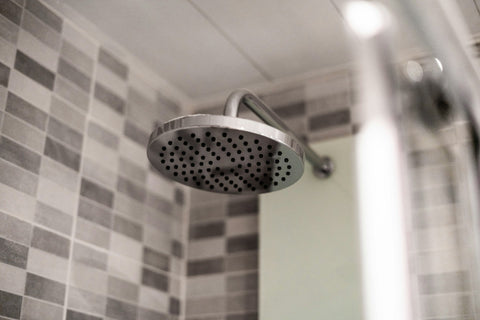Should You Shower After A Massage?
Showering after a massage is a topic often surrounded by personal preference, advice from health professionals, and cultural practices. The decision to shower or not can depend on various factors including the type of massage, the oils or lotions used, and individual health or skin conditions. Here, we explore the pros and cons of showering after a massage to help you make an informed decision.
Massage therapy involves the manipulation of the body's soft tissues to relieve muscle tension, improve circulation, and promote relaxation. Therapists may use oils, lotions, or creams to reduce friction on the skin, making the experience more comfortable and therapeutic.
Pros of Showering After a Massage
1. Removal of Excess Oil
Massage oils and lotions can leave your skin feeling greasy. Showering after your session can help remove excess oil, preventing any potential skin irritations or blemishes, especially if you have acne-prone or sensitive skin.
2. Enhanced Relaxation
A warm shower can extend the relaxation benefits of a massage. The soothing effect of warm water can help relax muscles further, potentially increasing the therapeutic benefits of the massage.
3. Refreshment and Cleanliness
For those who prefer the feeling of cleanliness or need to return to work or social activities after a massage, a shower can provide a refreshing transition back to daily life.

Cons of Showering After a Massage
1. Removal of Beneficial Oils
Some massage oils contain essential oils and therapeutic ingredients that can be beneficial for the skin. Showering immediately after a massage may wash away these benefits before they have a chance to be fully absorbed.
2. Potential to Diminish Relaxation Benefits
For some, the act of showering can be invigorating rather than relaxing, potentially diminishing the calming effects of the massage. If relaxation and stress relief are your primary goals, you may want to delay showering to prolong the sense of calm.
3. Skin Sensitivity
Directly after a massage, your skin may be more sensitive due to increased circulation and manipulation of the tissues. Hot water and harsh soaps can potentially irritate the skin, so if you choose to shower, it may be advisable to use lukewarm water and gentle, fragrance-free products.
Considerations and Recommendations
Type of Massage
The need to shower may vary depending on the type of massage. For example, after a deep tissue massage using minimal oil, you might not feel the need to shower immediately. Conversely, after an aromatherapy massage with heavy use of essential oils, you might prefer to shower to remove excess oil but consider using gentle cleansing methods to preserve some of the oil's benefits.
Personal Preference and Skin Type
Listen to your body and consider your skin type and personal preferences. If you have sensitive or dry skin, you might want to avoid showering immediately to allow your skin to absorb the oils fully. Conversely, if you have oily or acne-prone skin, you might prefer to shower to prevent any potential skin issues.
Timing
If you decide to shower after a massage, consider waiting at least an hour to allow your body to absorb some of the oils' benefits and to maintain the relaxation effects for a longer period. This waiting period can also reduce the risk of skin irritation.
Conclusion
Whether or not to shower after a massage depends on personal preference, skin type, and the specifics of the massage session. While showering can remove excess oil and refresh the body, it may also wash away beneficial oils and potentially reduce the relaxation benefits. Consider the type of massage, your skin's needs, and how you feel after the session when deciding. Ultimately, the choice should enhance your overall massage experience and contribute to your health and well-being.
